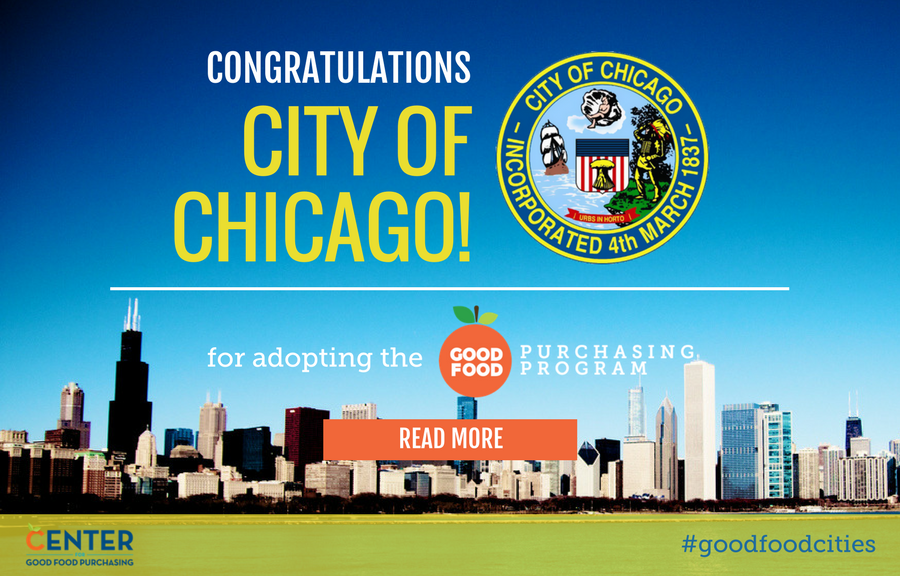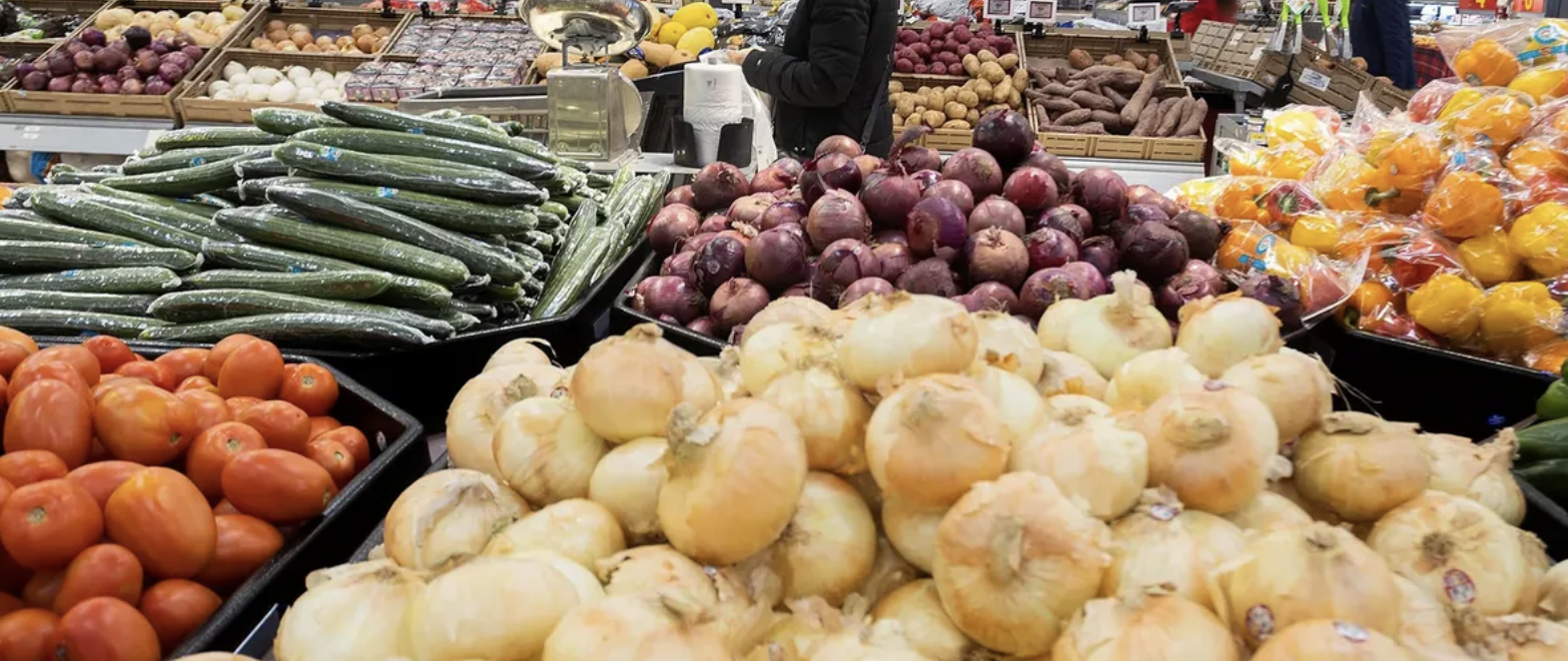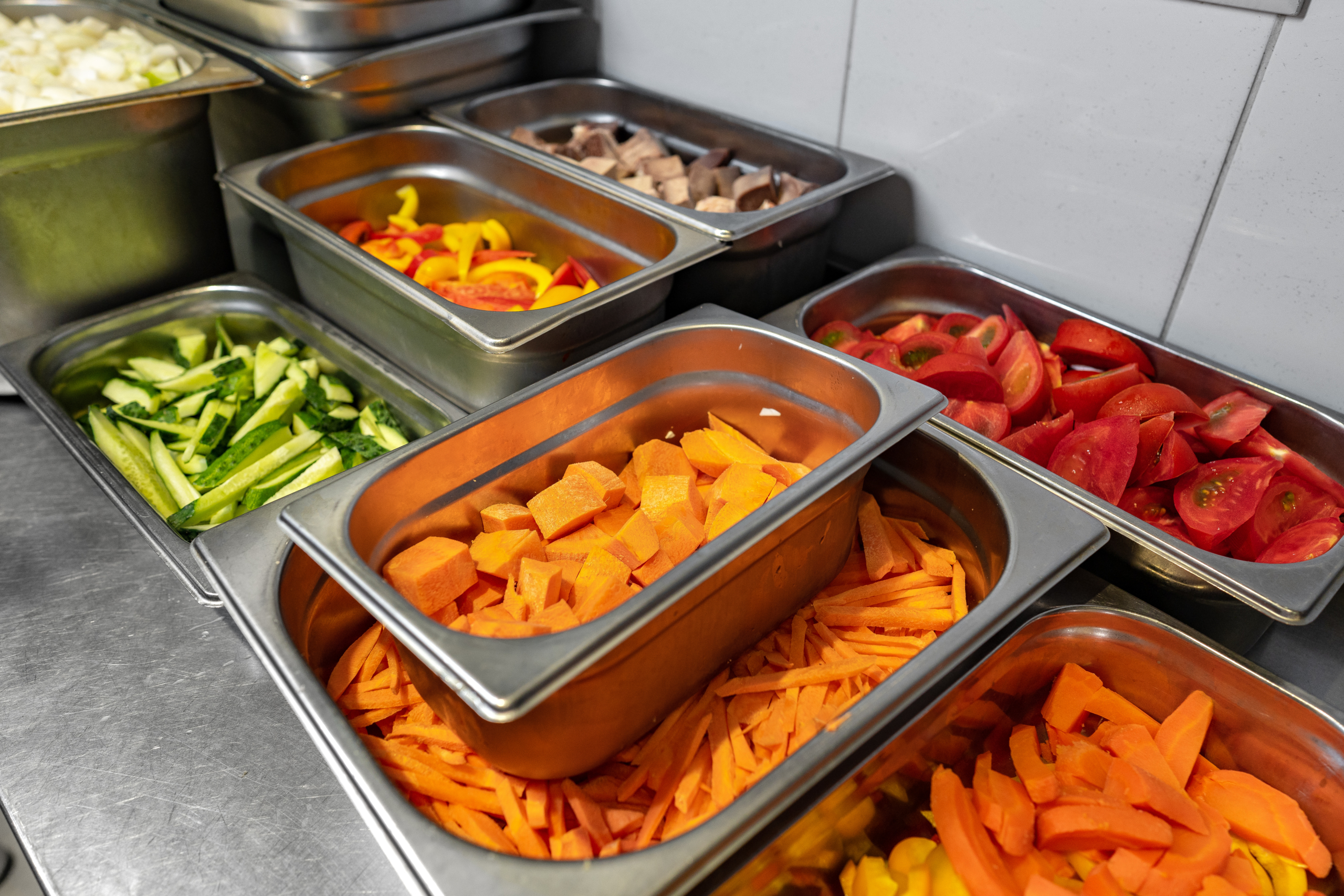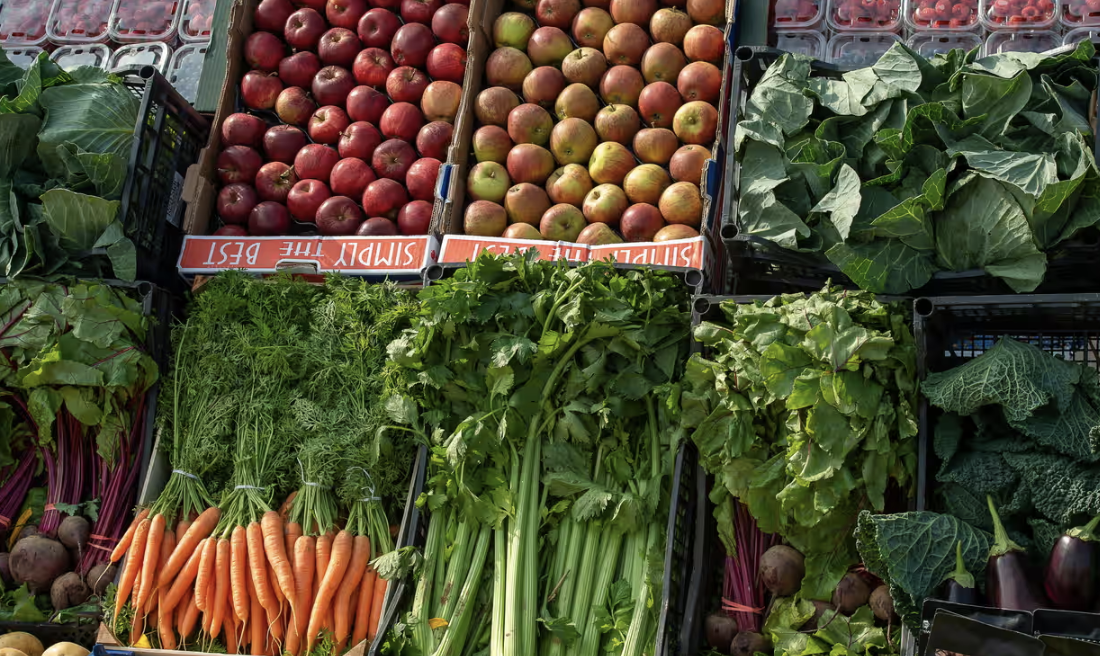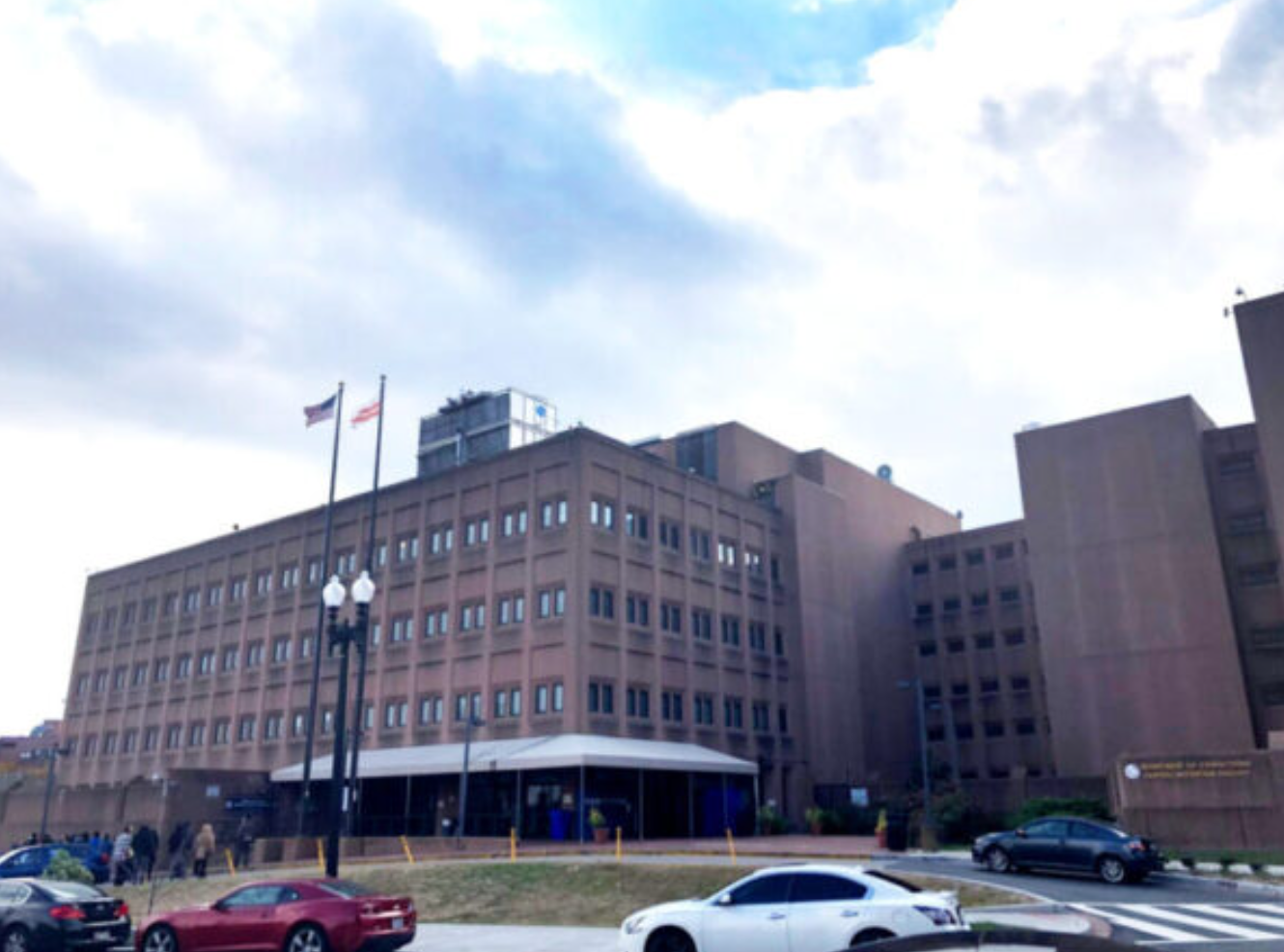NEWS ADVISORY
FOR IMMEDIATE RELEASE
October 11, 2017
CONTACT:
Rodger Cooley
Chicago Food Policy Action Council
[email protected]
773-354-2091
Colleen McKinney
Center for Good Food Purchasing
[email protected]
206-920-0945
Chicago Food Policy Action Council secures Good Food Purchasing Program for City of Chicago
New measure will ensure transparency in food systems and generate millions in revenue for local farmers, food-based businesses and communities
CHICAGO – Today, the Chicago Food Policy Action Council (CFPAC) applauded the City of Chicago for adopting a resolution that will transform the way agencies purchase food and will work by promoting health and well-being to Chicagoans while creating a sustainable, socially responsible food system that has the potential of returning millions of dollars to local, food-based businesses and entrepreneurs.
The Chicago City Council’s adoption of the Good Food Purchasing Program (GFPP) demonstrates a meaningful commitment to values-based food purchasing that contributes to overall health and community wellness. Once implemented, the measure will impact a significant portion of nearly $200 million in spending toward local food businesses and farmers. The policy will prioritize nutrition, affordability, local economies, sustainable production practices, sound environmental practices, fair prices for producers, safe and fair working conditions for employees and food workers, and humane treatment of animals. The Center for Good Food Purchasing provides a set of Standards around five values and supports institutions by helping them make more informed decisions about the food they buy.
The Program functions under five core values that work to:
- strengthen regional food economies to create new, good-paying jobs,
- reduce the environmental impacts of food production,
- promote fair treatment for food system workers,
- ensure the humane treatment of animals, and
- encourage healthy food procurement and preparation and a healthy food service environment.
“This is a giant step in the right direction for our city and the hundreds of food-based businesses and I thank Mayor Emanuel and the City Council for having the vision to see this through,” said CFPAC Coordinator Rodger Cooley. “City agencies, such as the Chicago Public Schools (CPS) and the Department of Public Health (CDPH) will take a closer look at the way food is purchased and distributed to some of our most vulnerable citizens. This not only contributes to good health but will also strengthen local food-based businesses by guaranteeing that a significant percentage of purchases are local.”
Cooley said CFPAC worked with the Good Food Task Force, organized by the Mayor’s Office and comprised of various sister agencies. “We worked collaboratively for more than a year to do this and Chicago Public Schools and the Department of Public Health were the first school district and park district outside of California to see the power and potential of these guidelines,” he said. “This legislation will create more good food across Chicago and opportunities for people who grow, sell and distribute food.”
The Center for Good Food Purchasing houses the national initiative and oversees expansion and implementation efforts across the country. The Center engages institutions to assess their food purchases and gain better information about how it reflects the five values of the Program, so that they can make shifts that align with their internal and community goals around production practices and sourcing.
The Good Food Purchasing Program was first adopted in Los Angeles in 2012 and has emerged as a national model. With leadership from partners such as Food Chain Workers Alliance, who works with local community-based coalitions to build support for the Program, policies have been passed in San Francisco Unified School District and Oakland Unified School District, with at least a dozen cities actively working on adopting the Program across the country, including Austin (TX), Cincinnati (OH), Madison (WI), Minneapolis (MN), and New York.
Public health advocates also applauded the City’s adoption, noting that in California they’ve seen reductions in the consumption of sodium, high fructose corn syrup and processed foods.
“By adopting the GFPP, the City of Chicago is setting a high standard for the community and is aligning its food purchasing with social values like compassionate animal treatment,” said Suzanne McMillan, content director for the American Society for the Prevention of Cruelty to Animals’ (ASPCA) farm animal welfare campaign. “Independent certifications such as the ones required by this policy represent a significant step toward a more humane and transparent food system.”
The GFPP is not only expected to re-direct millions to local produce farmers and other Chicago-based food and distribution businesses but also examine whether or not businesses follow fair labor practices. News of the resolution’s passage is also great news for food workers, many of whom have been fighting for wage parity and paid sick days.
“Food workers need a living wage,” said Jose Oliva, co-director of the Food Chain Workers Alliance and CFPAC board member. “Chicago has an opportunity to set national precedent. We are encouraged by the adoption of this resolution. This is about economic justice and the people who cultivate, process and distribute food in Chicago. We want to know how all of Chicago can benefit and this policy answers that question.”
“Food workers comprise not only the largest sector of our economy, but also the lowest paid. By enacting the Good Food Purchasing Program in Chicago, we begin to ensure that these workers, and their families have dignified lives,” said Erika Allen, national program director for Growing Power, Inc. and president of the CFPAC board of directors. “In Los Angeles the Good Food Purchasing Program resulted in over 150 new living wage jobs and improvements in the standards of living for thousands of people.”
CFPAC also applauds the City Council’s Health and Environmental Protection Committee, chaired by Ald. George A. Cardenas (12th Ward), which unanimously passed the resolution last week. Food justice advocates will continue to encourage Cook County and state government to adopt its own version of the resolution in the coming weeks.
###
Chicago Food Policy Action Council is a not-for-profit organization that since 2002 has advocated for responsible food and agriculture policy recommendations and promotes systemic policy changes allowing all communities to obtain healthy food.


